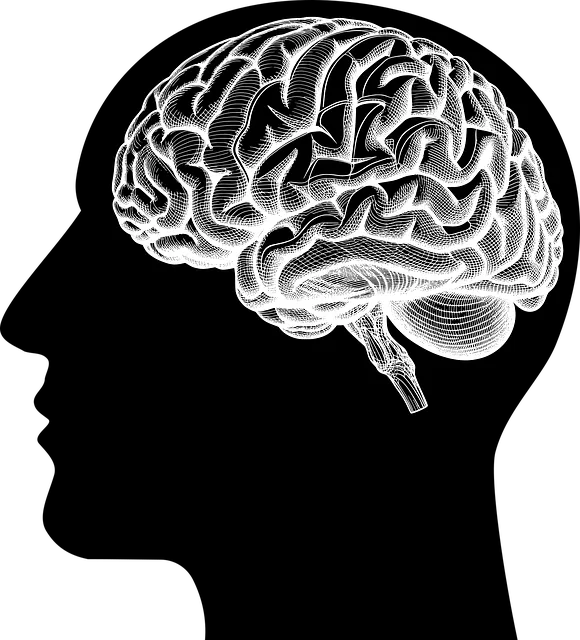In diverse healthcare settings like Greenwood Village, cultural competency is essential for providing personalized care, building trust, and improving patient outcomes, especially for vulnerable populations such as psychiatric patients. Organizations like Kaiser Permanente should prioritize training in social skills and cultural sensitivity to ensure respectful, equitable care. Kaiser Permanente's initiatives in Greenwood Village, including case studies and stress reduction techniques, set a standard for mental health training, offering practical insights and enhanced interpersonal skills for healthcare providers.
“Cultural competency training is a vital aspect of modern healthcare, ensuring providers offer empathetic, effective care to diverse patient populations. This article explores this critical topic, focusing on the impact of cultural competency in healthcare settings. We examine the role of organizations like Kaiser Permanente Psychiatry Services and their initiatives to enhance cultural understanding. Through case studies from Greenwood Village, we highlight successful training strategies, offering insights into how these programs can revolutionize mental health care delivery, particularly for minority communities.”
- Understanding Cultural Competency in Healthcare: A Necessity in Modern Practice
- Kaiser Permanente Psychiatry Services and Their Role in Training
- Strategies for Effective Training: Case Studies from Greenwood Village Initiatives
Understanding Cultural Competency in Healthcare: A Necessity in Modern Practice

In today’s diverse healthcare landscape, cultural competency is no longer an optional consideration but a necessity. It involves understanding and respecting patients’ cultural backgrounds, beliefs, and values to provide personalized care that aligns with their unique needs and preferences. This is especially crucial in regions like Greenwood Village, where a mix of various ethnic and cultural groups resides, including those associated with Kaiser Permanente psychiatry phone numbers. Effective cultural competency goes beyond basic language translation; it fosters an environment of trust, enhances communication, and improves patient outcomes. For example, a study on self-care routine development for better mental health revealed that culturally competent care encourages patients to engage in coping skills development tailored to their backgrounds, leading to more positive treatment experiences.
Furthermore, training programs in cultural competency should encompass social skills training to address potential communication gaps. By equipping healthcare providers with the tools to navigate complex cultural scenarios, we can ensure that everyone receives respectful, equitable, and high-quality care. This is particularly vital for specialized fields like psychiatry, where patient vulnerability may exist alongside diverse cultural identities. Therefore, organizations such as Kaiser Permanente should prioritize these training initiatives to create a more inclusive healthcare system that benefits all communities.
Kaiser Permanente Psychiatry Services and Their Role in Training

Kaiser Permanente Psychiatry Services, headquartered in Greenwood Village, plays a pivotal role in advancing cultural competency training within healthcare. Their expertise lies in providing comprehensive psychiatric care, encompassing various specialities, and tailoring services to diverse communities. Beyond clinical practice, Kaiser Permanente Psychiatry actively contributes to education and awareness through workshops, seminars, and resources aimed at enhancing cultural sensitivity and understanding among healthcare providers.
The organization offers a range of programs focusing on Mental Wellness Journaling Exercise Guidance, Resilience Building, and Mood Management – all crucial aspects for navigating the complex interplay between culture and mental health. By integrating these practices into training curricula, Kaiser Permanente Psychiatry equips professionals with the tools to deliver more empathetic, effective care tailored to individual needs, fostering an inclusive healthcare environment that values and respects diverse cultural backgrounds.
Strategies for Effective Training: Case Studies from Greenwood Village Initiatives

In the realm of healthcare provider cultural competency training, Greenwood Village Initiatives have pioneered effective strategies that serve as a model for organizations like Kaiser Permanente. One key approach involves immersive case studies that mirror real-world scenarios. By studying successful initiatives within their community, trainees gain practical insights into navigating diverse patient populations and addressing sensitive issues, such as Mental Illness Stigma Reduction Efforts. These case studies not only highlight best practices but also encourage critical thinking and problem-solving skills, fostering a deeper understanding of cultural competency in mental health care.
Additionally, Greenwood Village emphasizes the integration of Stress Reduction Methods and Conflict Resolution Techniques within their training programs. Through role-playing exercises and interactive workshops, healthcare providers learn to manage stress and resolve conflicts that may arise when caring for patients from various cultural backgrounds. This holistic approach ensures that providers are equipped not only with medical expertise but also with the interpersonal skills necessary to create a safe, supportive environment, thereby enhancing patient outcomes and satisfaction.
Cultural competency training is a vital aspect of modern healthcare, as evidenced by initiatives like those at Kaiser Permanente Psychiatry Services and the successful strategies employed in Greenwood Village. By understanding cultural nuances and implementing effective training programs, healthcare providers can significantly improve patient care and outcomes. The case studies from Greenwood Village serve as a valuable resource for organizations seeking to enhance their cultural competency, ultimately fostering more inclusive and compassionate healthcare environments. For those interested in learning more, contacting the Kaiser Permanente psychiatry phone number can provide additional insights into their comprehensive training programs.






